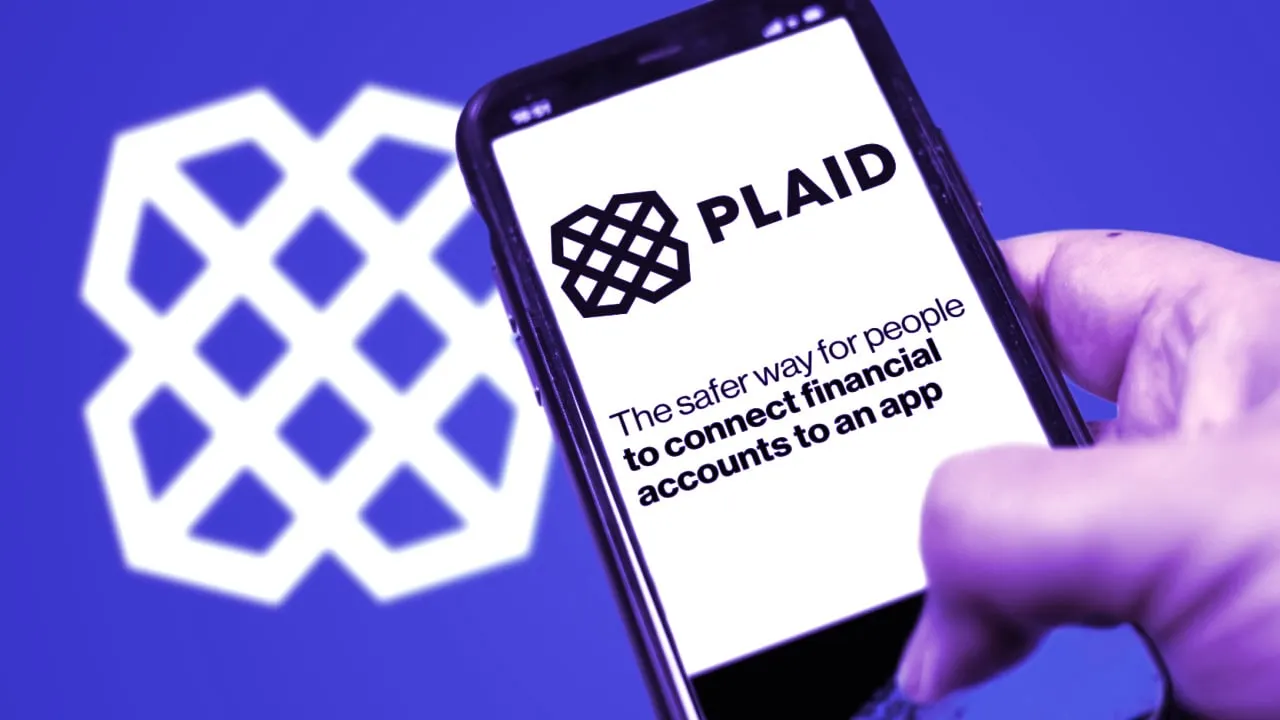Fintech giant Plaid is releasing its first crypto-native product called “Wallet Onboard” today. Marketed for developers, Plaid’s new crypto wallet interface will enable Web3 builders to easily access over 300 wallets, including MetaMask, Ledger, Coinbase Wallet, and Trust Wallet.
Plaid is most famous in traditional finance for Plaid Link—a banking Application Programming Interface (API) that acts as a client-side intermediary between a person’s bank accounts and their applications.
Wallet Onboard works in a similar way. Users who want to “connect wallet” to any blockchain-based application, be it a lender, exchange, game, or NFT marketplace, will see a drop-down screen from Plaid showing recently used wallets and offering to connect to their wallet of choice.
Plaid says this makes developers' jobs easier since they currently have to build custom wallet connections to their own apps, increasing their development budget and potentially opening doors to security risks, like bugs or exploits.
Wallet Onboard can also host different kinds of wallets, including browser plugins, applications, and hardware wallets. To safeguard privacy, Wallet Onboard does not store wallet addresses.
Wallet Onboard currently only works with Ethereum and EVM-compatible chains, but Plaid may branch out and connect with Solana and other blockchains.
Trust issues
Trust is a big part of Plaid’s sales pitch for Wallet Onboard, according to the company’s head of identity Alain Meier, who says the new tool utilizes new identity verification features that were rolled out across Plaid services last week.
One such tool is the new autofill function, which verifies a user's identity through phone number and date of birth; the other is behavioral analytics. Behavioral analytics can tell when a user’s device may be compromised by, for instance, measuring the time it takes for a user to fill in essential details in a form.
Plaid is also trying to create an identity verification protocol that won’t send data to an app. For instance, for age-restricted apps, Plaid could verify the account without sharing the user’s birth date.
Considering it’s barely three weeks into October and it has already been the biggest month in what has been the worst year of all time for crypto thefts, the industry can only hope that more traditional fintech companies like Plaid will contribute to keep the space secure from crime.

